The Importance of Beauty
Beauty is often taken for granted, generally thought of in terms of personal taste, as in “beauty is in the eye of the beholder.” Yet beauty is far more than a subjective response to some observable something. While it plays an important role on the ranch, more importantly, it plays a fundamental role in the evolution of all animals that have ever or will ever live on Earth. Charles Darwin’s Origin of Species has long served as the cornerstone for all modern evolutionary biology. It has been persuasively argued that Darwin’s 1860 opus is The Book That Changed America, as Randall Fuller wrote, and ignited the nation in too many realms to spell out here. Darwin’s theory of natural selection is the essence of his thinking about how life improved, adapted and diversified over eons. Yet natural selection alone fails to explain the diversity and complexity in the design of nature, it fails to fully account for the extraordinary diversity or ornament — the origin of impracticable beauty — of the natural world. Think, the feather in a peacock’s tail and its complete absence of utilitarian value – having “no survivor value whatsoever.”
There is a second force at work in Darwin’s thinking beyond the mechanism of evolution by natural selection. It was first proposed and championed by him, but roundly criticized and essentially written out of the language of biology. His “aesthetic theory of evolution” (“mate choice,” or “sexual selection” alongside “natural selection”) remains “so marginalized in evolutionary biology that it has been nearly forgotten.” Richard O. Prum’s The Evolution of Beauty suggests that “the concept of beauty is so fraught with people’s preconceptions, expectations and misunderstandings” and that “beauty and desire in nature can be so irrational, unpredictable, and dynamic,” so difficult to quantify and so “inaccessible to scientific measurement and reduction” that science has thrown up its hands at the idea of studying beauty — the individual subjective experience, what Darwin referred to as ”standards of beauty” — as “ultimately unknowable” and thus not suitable for scientific inquiry. We’ve all heard it: “There’s no accounting for taste.” It is past time to acknowledge the breadth of Darwin’s thinking, “to reanimate Darwin’s original aesthetic conception of mate choice and elevate beauty to the mainstream subject of scientific concern.”
For many years, I have been infatuated by these lines in John Keats’s famous last stanza in “Ode on a Grecian Urn,” arguably the most discussed couple of lines in all of his poetry and surely the most famous equation in English literature:
"'Beauty is truth, truth beauty,' - that is all
Ye know on earth, and all ye need to know."
Much has been written about Keats’s poetic declaration. The entire 18 words are believed to be the Grecian urn speaking, although the urn quotes renowned art expert Sir Joshua Reynolds, then adds its own comment to the now famous and much debated poem’s final lines. Two theories about its meaning — among many — suggest that Keats was referring to the “transcendent mind of God” or even the Newtonian origin of the “unstated proof.”
While it’s open to debate, my sense of what Keats was driving at is more literal and draws less from God or science, but rather more from the straightforward notion of informed free will. There is nothing more beautiful than truth — “The truth will set you free.” Of course, truth as beauty is hard to discern in the current, muddled world of post-truth politics and fake news. Yet, despite today’s ideologically driven disorder, truth is all you need to know.
One can also sense a shared sympathy with Keats in writings by the father of America’s Land Ethic, Aldo Leopold, when he recognized beauty in the land and its bounty:
… bread and beauty grow best together. Their harmonious integration can make farming not only a business but an art; the land not only a food-factory but an instrument of self-expression, on which each can play music of his own choosing.
In this country, no one has said it better — to live well on working landscape — than Leopold. He recognized there was a value-weighted symmetry between productive lands, truth and beauty and that each of us must decide how best to live a meaningful and responsible life:
I suspect there are two categories of judgment, which cannot be delegated to experts, which every man must judge for himself, and on which the intuitive conclusion of the non-expert is perhaps as likely to be correct as that of the professional. One of those is what is right. The other is what is beautiful.
Turning again to Leopold, he cautioned us:
… quit thinking about decent land-use as solely an economic problem. Examine each question in terms of what is ethically and aesthetically right, as well as what is economically expedient. A thing is right when it tends to preserve the integrity, stability, and beauty of the biotic community. It is wrong when it tends otherwise.
Whether or not beauty is thought of as essential to Darwin’s theory of evolution, the equivalent of Keats’s truth, the ethical underpinning for Leopold’s land stewardship ethic or inspiration for restoration and preservation of the earth’s diverse habitat and endemic species, beauty is essential to understanding ourselves and our responsibility to come to grips with the accelerating climate and species extinction crises and the interrelated challenges facing life on this planet.

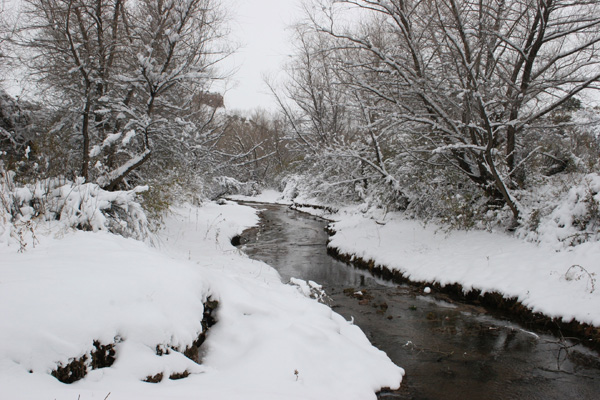
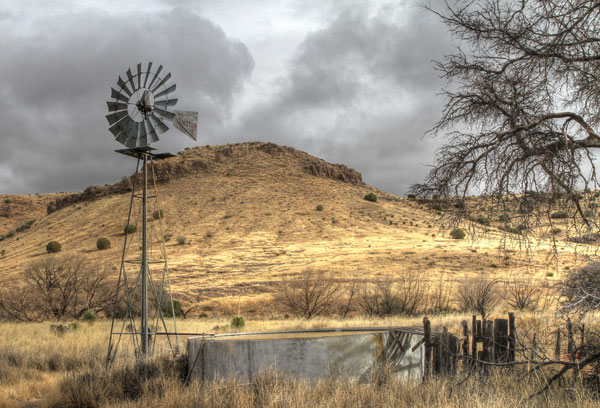
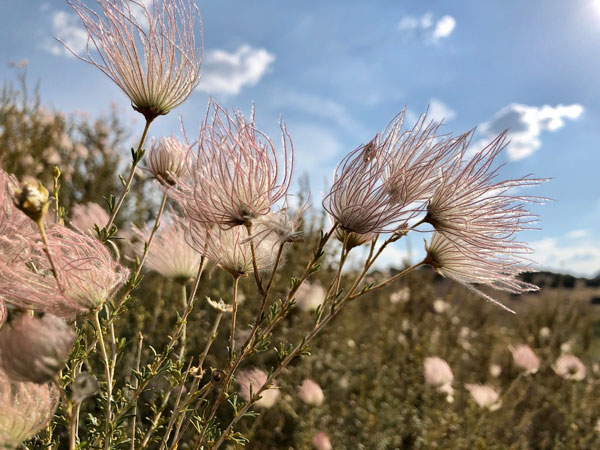
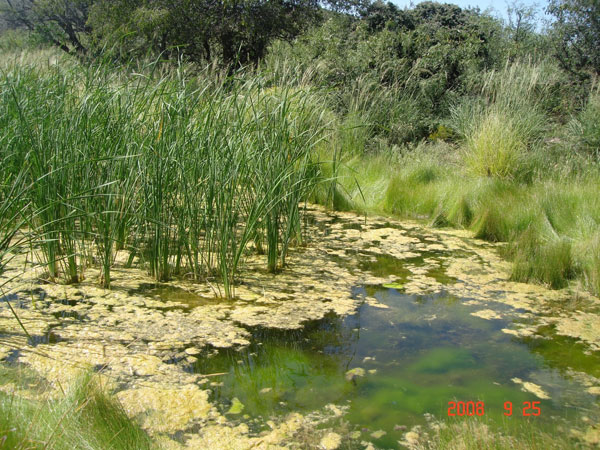
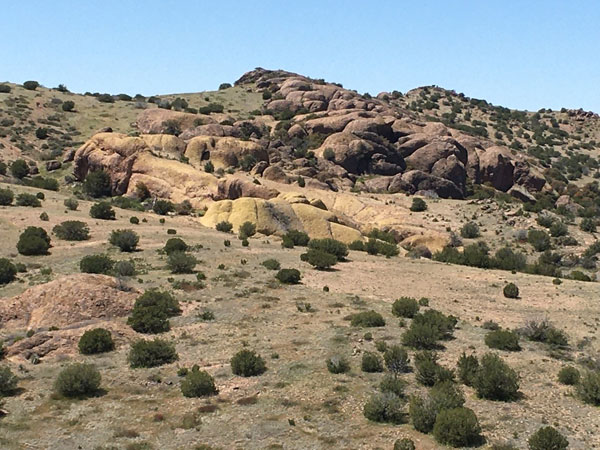
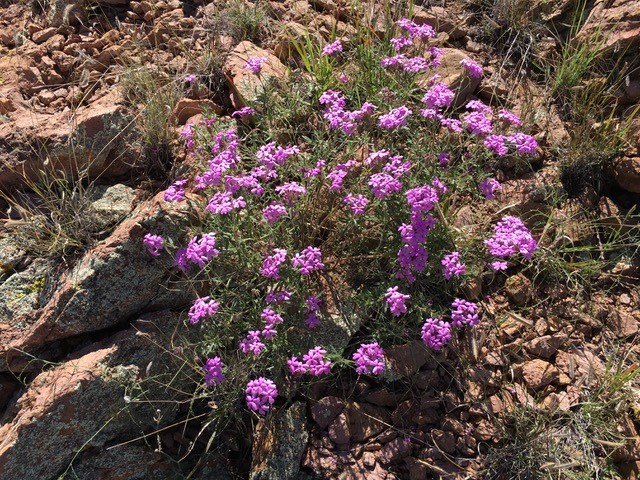
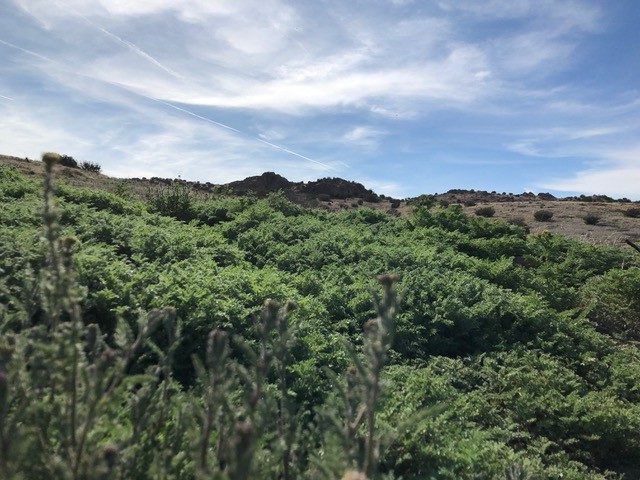
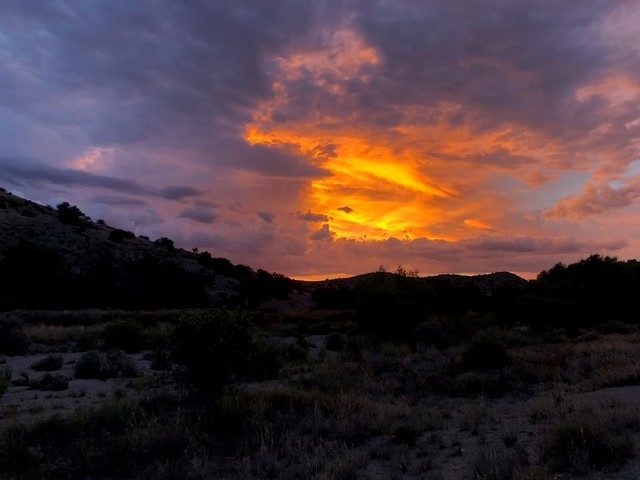
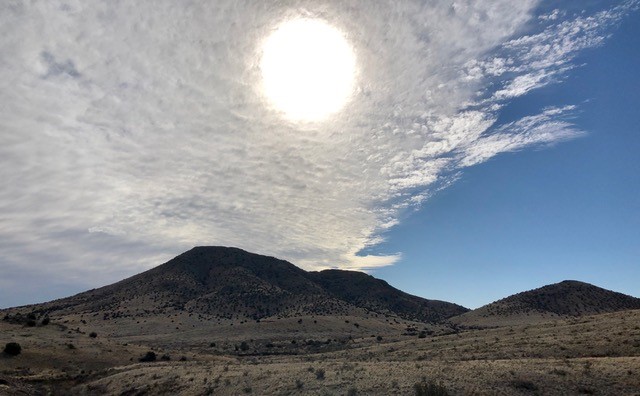
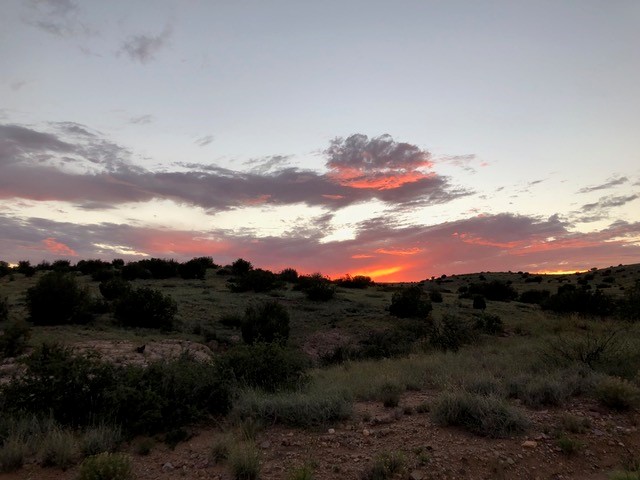
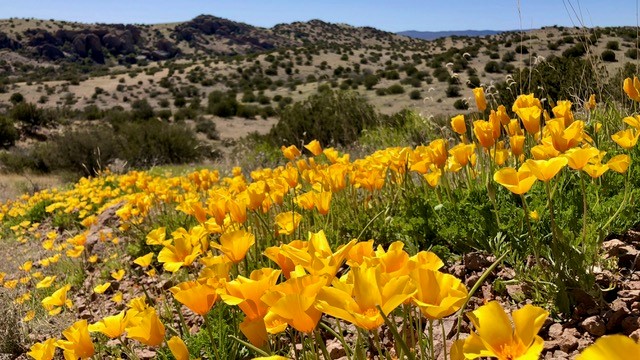
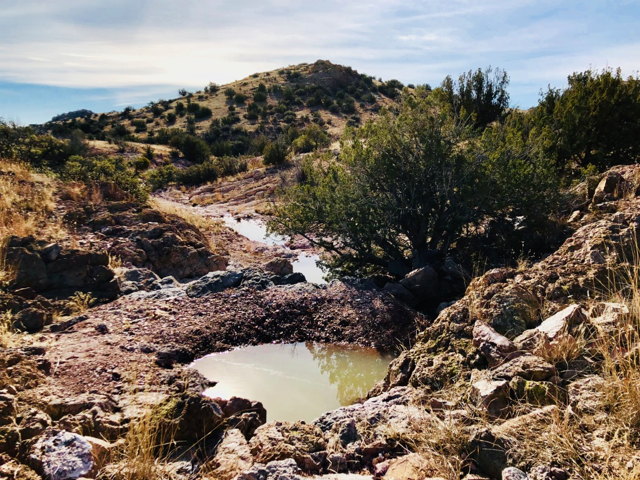
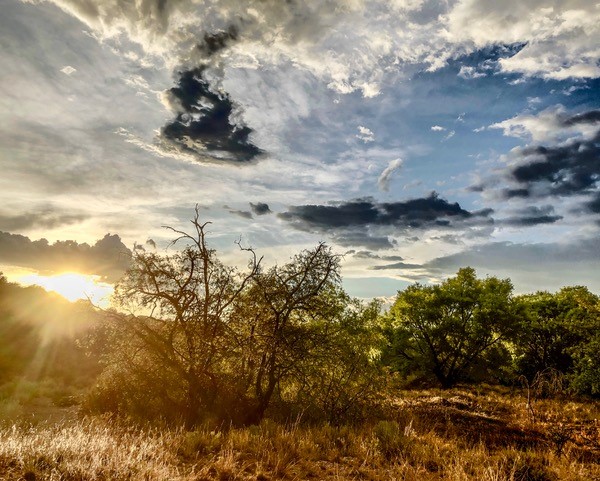
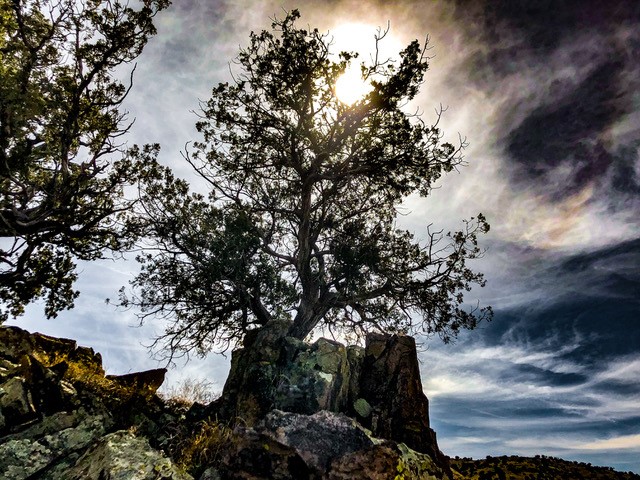
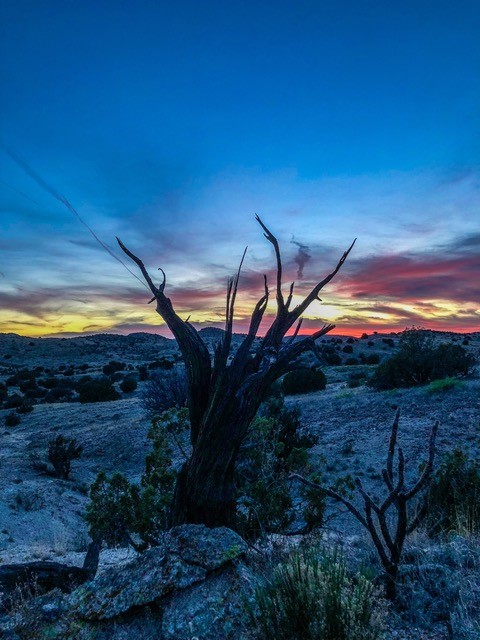
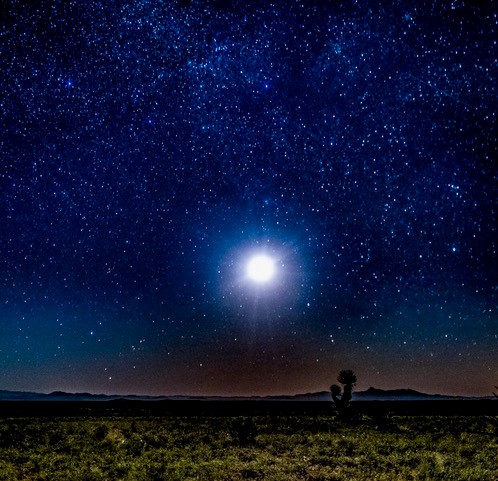
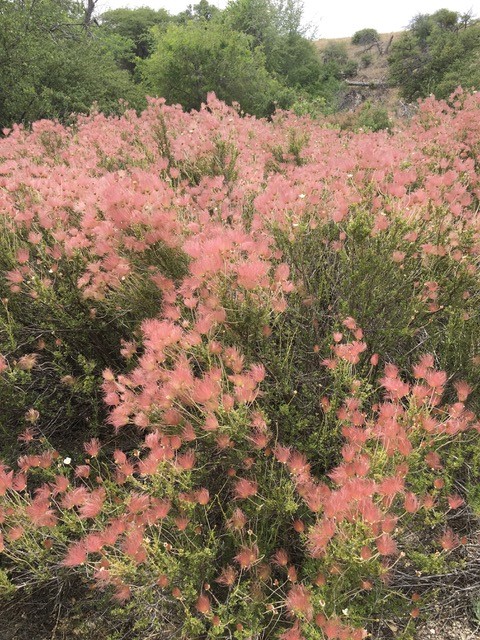
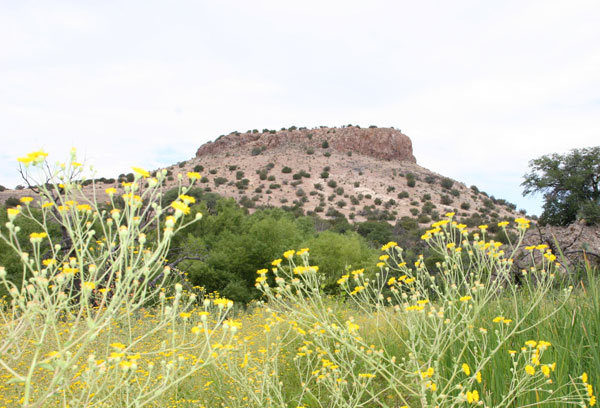
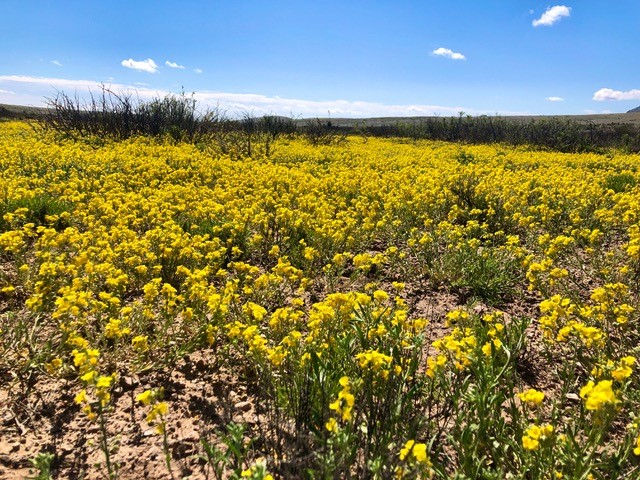
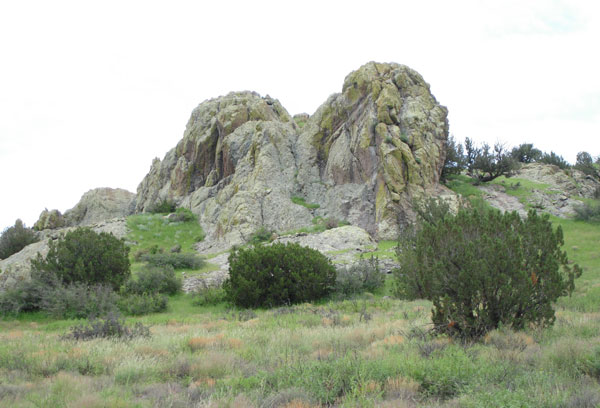
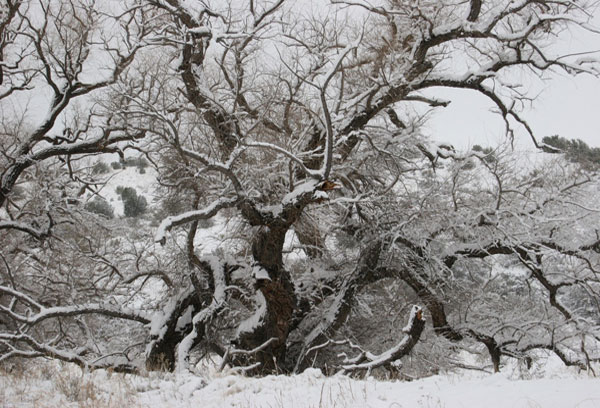
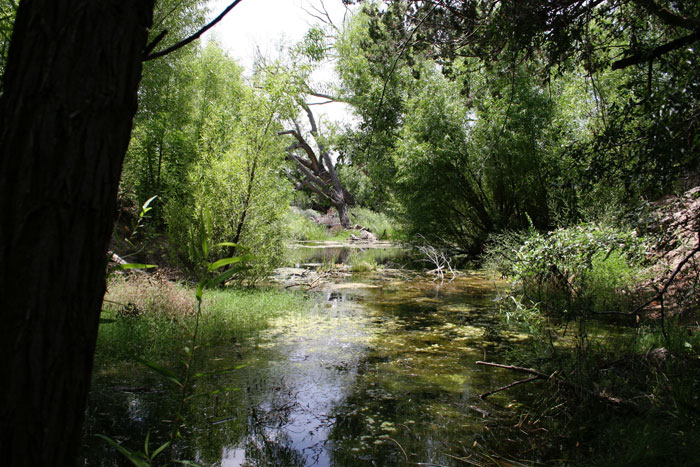
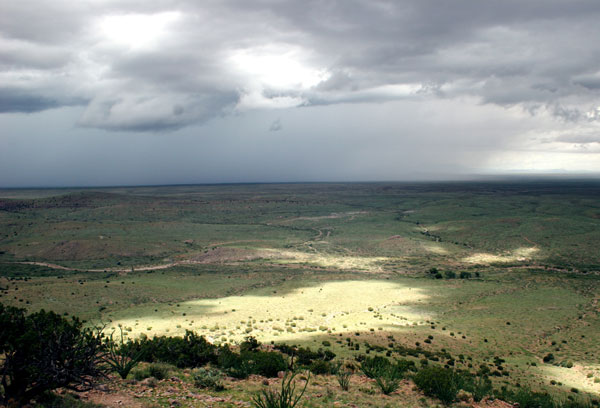
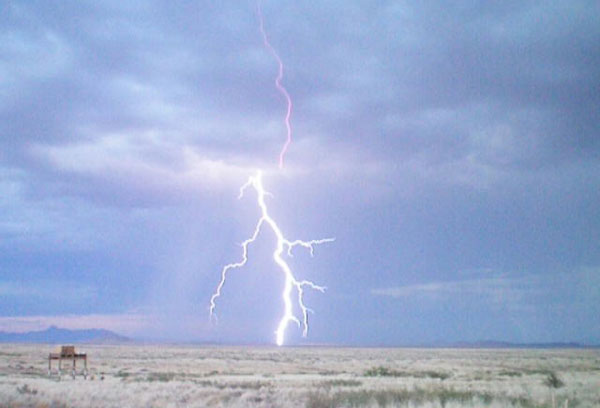
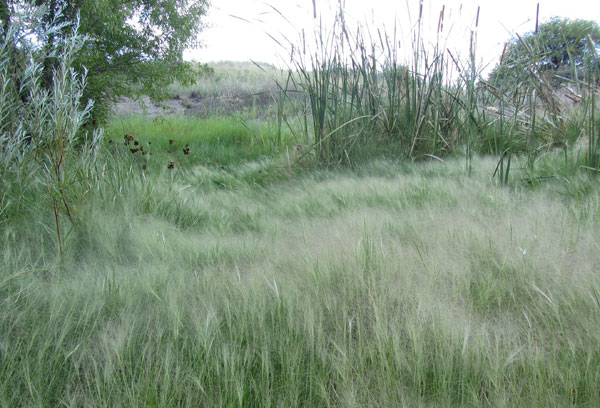
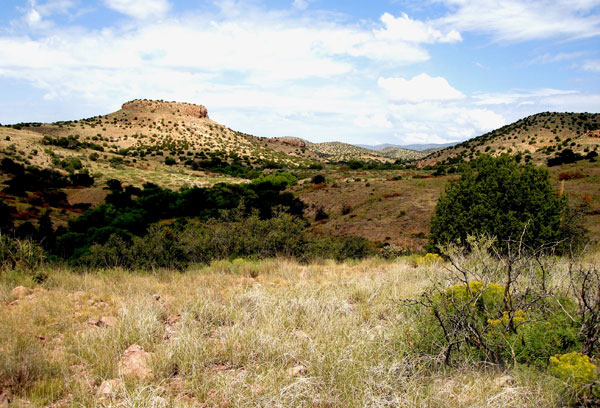
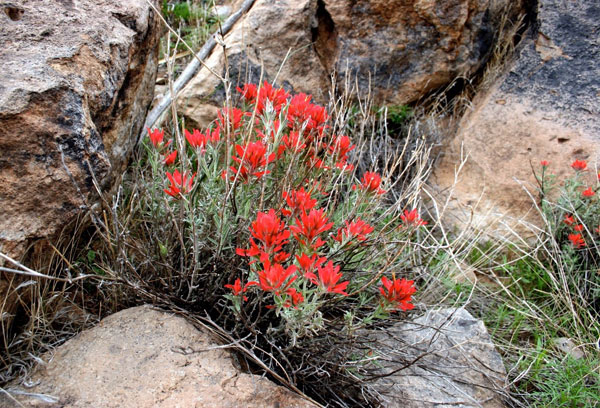
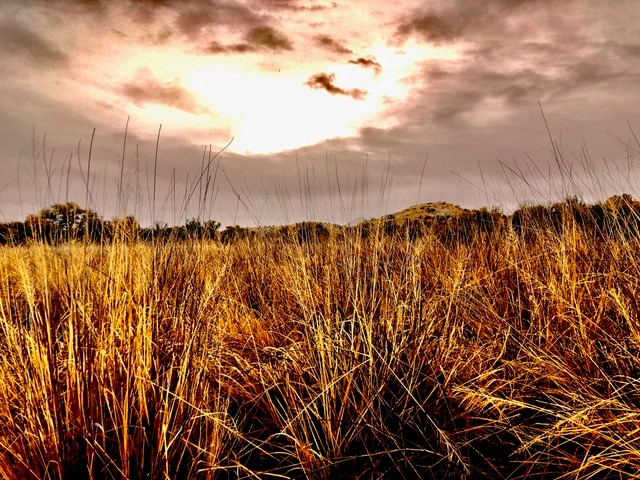
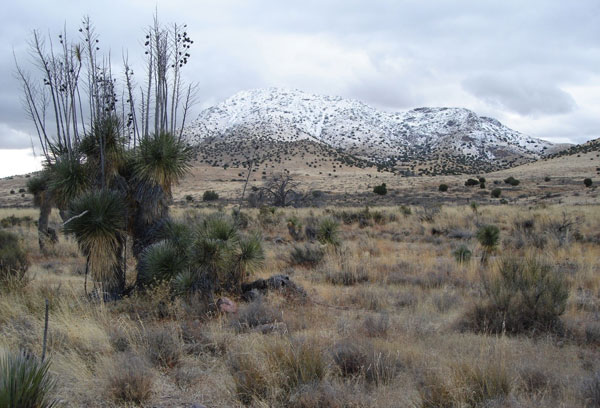
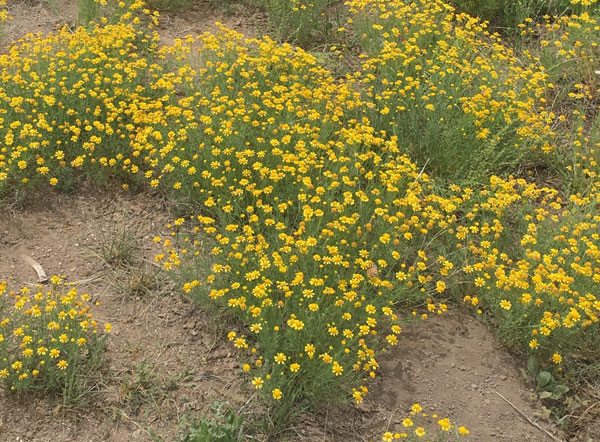
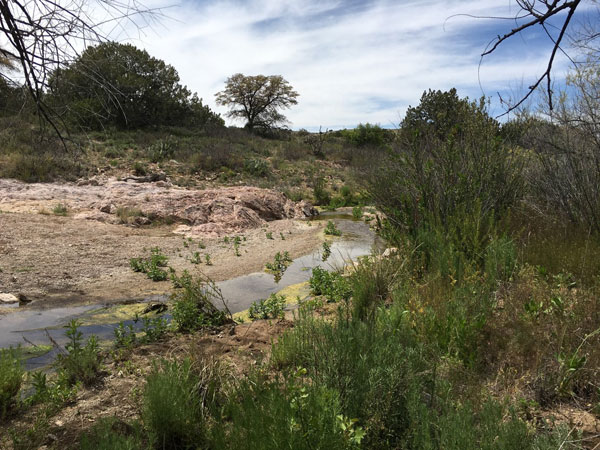
But beauty is being overwhelmed by the Plastic & Trash.
The U.S. is being assaulted with the horrific new normal of devastating fire storms on the parched West Coast and explosive floods on the drenched East Coast. The entire country is overwhelmed with an avalanche of plastic pictured in this juxtaposition of beauty and trash. We are at a national reckoning about planetary health and the American brand of corporate commerce that subsidizes fossil fuel production to the tune of roughly $20 billion per year — the primary cause of the climate crisis — and the production of more than 380 million tons of plastic annually, only nine percent of which is recycled. Skyrocketing consumption is the flip-side of the unending-growth/production problem, a status quo that desperately needs to end.


